July 13, 2017
Employers must prepare for emerging technologies that will reshape work by 2030 0
 Emerging technologies such as artificial intelligence, robotics, virtual reality, augmented reality and cloud computing, will transform our lives and how we work over the next decade; and by 2030 every organisation will be a technology organisation. As such businesses need to start thinking today about how to future-proof their infrastructure and workforce, according to a report published by Dell Technologies. The research, led by the Institute for the Future (IFTF) alongside 20 technology, academic and business experts from across the globe also offers insight on how consumers and businesses can prepare for a society in flux. ‘The Next Era of Human-Machine Partnerships’ forecasts that emerging technologies, supported by massive advancements in software, big data and processing power, will reshape lives. The report predicts that an estimated 85 percent of jobs in 2030 haven’t been invented yet. The pace of change will be so rapid that people will learn “in-the-moment” using new technologies such as augmented reality and virtual reality. The ability to gain new knowledge will be more valuable than the knowledge itself.
Emerging technologies such as artificial intelligence, robotics, virtual reality, augmented reality and cloud computing, will transform our lives and how we work over the next decade; and by 2030 every organisation will be a technology organisation. As such businesses need to start thinking today about how to future-proof their infrastructure and workforce, according to a report published by Dell Technologies. The research, led by the Institute for the Future (IFTF) alongside 20 technology, academic and business experts from across the globe also offers insight on how consumers and businesses can prepare for a society in flux. ‘The Next Era of Human-Machine Partnerships’ forecasts that emerging technologies, supported by massive advancements in software, big data and processing power, will reshape lives. The report predicts that an estimated 85 percent of jobs in 2030 haven’t been invented yet. The pace of change will be so rapid that people will learn “in-the-moment” using new technologies such as augmented reality and virtual reality. The ability to gain new knowledge will be more valuable than the knowledge itself.







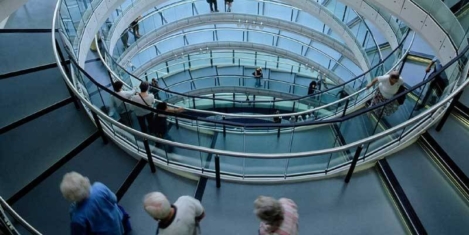
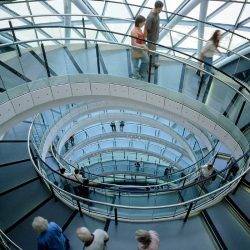














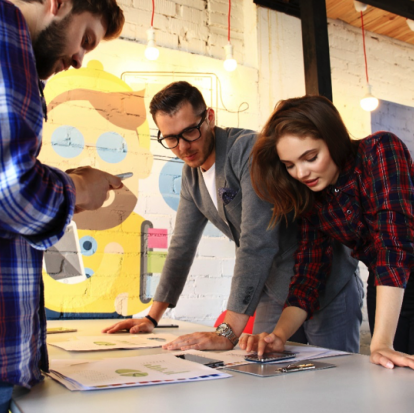
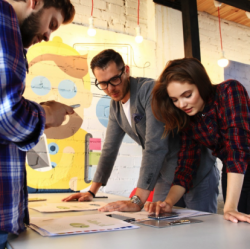














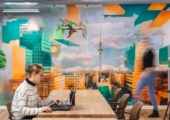
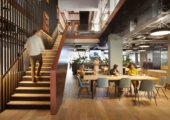





July 11, 2017
Creativity is the new productivity in the modern era of work and workplaces 0
by Serena Borghero • Comment, Facilities management, Workplace design
More →